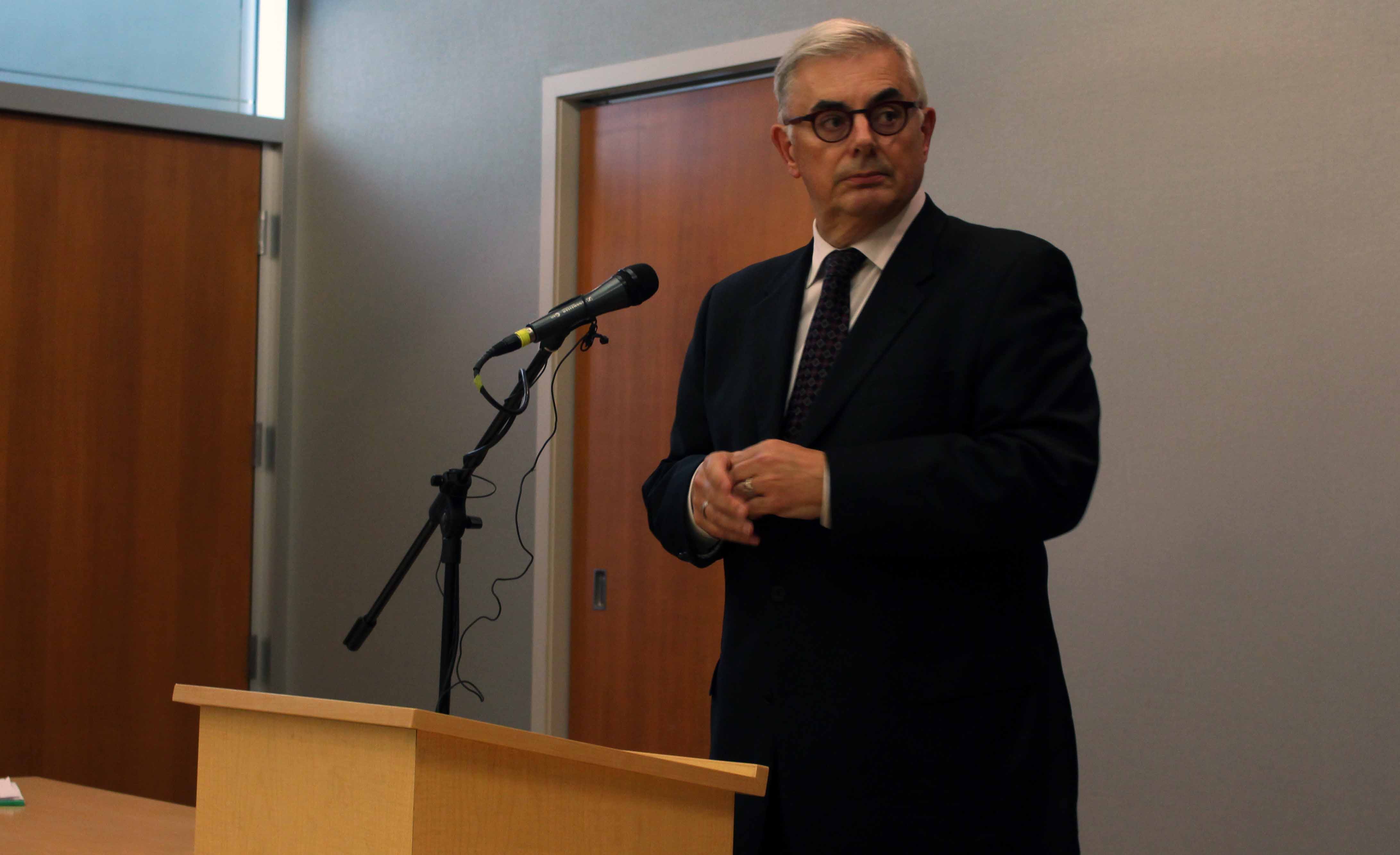The University of Manitoba integrated bachelor of music/education program (Int. Mus/Ed) has been temporarily suspended for reorganization with the hopes of being reintroduced in fall 2018.
The U of M senate passed a motion on Feb. 1, tabled by the faculties of education and music, to suspend admission into the Int. Mus/Ed program for a one-year period.
The current program was introduced in 1984 as a five-year degree with a requirement of 174-177 credit hours. In fall 2016, both faculties involved in the curriculum agreed to forward a proposal to the senate seeking a restructuring of the program .
According to Edmund Dawe, dean of the faculty of music, changing academic standards from the provincial government now mean students must complete a six-year, 180 credit hour program to meet certification requirements for a higher salary bracket.
The 174-177 credits that most students in the current program complete are no longer enough to classify them in the higher salary bracket once they graduate.
“Consistently, over 50 per cent of integrated students are taking six years to complete the current five-year model,” Dawe said. “Students are graduating at a [lower] classification, yet they have completed six years of course work.”
“At the start of their careers, they are not being compensated fairly for their training, and this has significant long-term financial and career implications,” he said.
Prior to the move for the motion for suspension, consultations were held with a number of stakeholders including faculty, students, advisers, the music education community, and the faculties of education and music.
Dawe also said the Int. Mus/Ed program demanded more intensive efforts from students, as it spanned from September to June, leaving students with less time than others to pursue summer jobs.
He went further to emphasize the challenges and “heavy workloads” that students face during their years of enrolment in the program.
“The result is unreasonably heavy student workloads, and significant annual logistical challenges in both faculties,” Dawe said.
When the proposal is fully enacted, the integrated program will be replaced with a four-year bachelor of music degree program with a major in music education.
After completing the program, students will be qualified to apply for their B.Ed, which is an after-degree, two-year program.
“A four-year bachelor of music program will enable students to complete all required music courses, music education specialization, teachable minor, and breadth prior to an after-degree in education,” Dawe said.
“After-degree music students will be better integrated with cohorts of education students in the early, middle, or senior years’ areas.”
The music education specialist in the Desautels Faculty of Music will serve as liaison with the faculty of education and work with the director of school experience in the faculty of education for the practicum component of the music education students.
Dawe also stressed that the aftermath of this renewed efforts between the faculties of music and education is expected to yield tremendous results for the students both during their studies and after graduation.
“The result will be a better structured and paced program with both faculties working collaboratively to ensure an outstanding student experience, and a more reasonable professional classification after graduation,” Dawe said.
“A new model will enable the Desautels Faculty of Music to offer a better breadth of music and music education courses to more thoroughly prepare our graduates for their careers as teachers.”





